Therefore shall her plagues come in one day, death, and mourning, and famine; and she shall be utterly burned with fire: for strong is the Lord God who judgeth her.
And the kings of the earth, who have committed fornication and lived deliciously with her, shall bewail her, and lament for her, when they shall see the smoke of her burning,
Standing afar off for the fear of her torment, saying, Alas, alas, that great city Babylon, that mighty city! for in one hour is thy judgment come.
And the merchants of the earth shall weep and mourn over her; for no man buyeth their merchandise any more:
The merchandise of gold, and silver, and precious stones, and of pearls, and fine linen, and purple, and silk, and scarlet, and all thyine wood, and all manner vessels of ivory, and all manner vessels of most precious wood, and of brass, and iron, and marble,
And cinnamon, and odours, and ointments, and frankincense, and wine, and oil, and fine flour, and wheat, and beasts, and sheep, and horses, and chariots, and slaves, and souls of men. (Revelation 18:8-13)
State not immune to human trafficking
By Jamie Rogers
Morning News Reporter
April 25, 2010
http://www2.scnow.com/scp/news/local/pee_dee/article/s.c._not_immune_to_human_trafficking/132062/
FLORENCE — Human trafficking isn’t just a problem for a small government of a third-world country in eastern Europe, Asia or central America.
Human trafficking is here, and it’s happening right now.
Human trafficking — the exploitation of people for commercial sex or forced labor — is referred to as a hidden crime because the victims are often silent and afraid to speak about the acts they are being forced to perform.
Victim advocates, along with law enforcement officers, stand together on the front line of the battle against the crime, said Michael Hildebrand, a Greenville County sheriff’s sergeant who investigates human trafficking crimes.
They are the ones most likely to come in contact with trafficking victims, but to be of assistance, they must first be aware modern-day slavery exists in South Carolina.
A problem not so far away
“Do you know where the first case of human trafficking in the U.S. was reported?” Hildebrand asks a small group of victim advocates and educators Friday during a human trafficking seminar hosted by Pee Dee Coalition Against Domestic and Sexual Assault.
“The first case of human trafficking was in South Carolina,” he said. “In Johns Island.”
Women were lured to the small coastal community by traffickers who promised them work in a Florida restaurant. Instead, they were forced into prostitution, Hildebrand said. Each woman was forced to have sex with at least 30 men a day.
The human trafficking ring, which investigators say was operated by the Cardenas crime family, stretched down the Atlantic Coast from South Carolina to Florida and included forced laborers.
Hildebrand said he worked on Greenville County’s first reported human trafficking case in 2000. It involved a foreign-born 13-year-old girl who was hired to be a housekeeper and a babysitter.
Her plight was finally discovered after a neighbor saw the girl pushing a stroller down the street and thought she should be in school at that hour.
The call came into deputies as a truancy case, but authorities discovered she was being forced to work and was denied her basic human rights, Hildebrand said.
There haven’t been any reports of human trafficking in the Pee Dee, said Michelle Harkey, the Pee Dee Coalition’s Florence County domestic and sexual assault services coordinator.
“It’s something that the news and the media are starting to focus on more. Because we haven’t seen it and just because it hasn’t been brought to light yet, that doesn’t mean it isn’t happening,” she said.
In addition to being deputy, Hildebrand works with the Carolinas Institute for Community and Policing, which gathers information on such cases and shares information from the agency with advocates like Harkey.
“Everybody hears of the cases in Tijuana or in Taiwan, but no one wants to hear about this happening in their town,” he said. “But wherever there’s an opportunity for greed or to make money, there’s a chance for human trafficking.”
Lucrative business
Human trafficking is believed to net $9 billion in profits each year, Hildebrand said. Next to drug trafficking, human trafficking is the most lucrative business for organized crime.
The global business of human trafficking is closely related to economic conditions, he said.
Authorities say the Russian mafia was the first to begin trafficking humans in the U.S. because of the dire economic circumstances and political unrest in the country in the 1980s and early 1990s. Organized criminals told Russian prostitutes they could come to American cities and do the same “jobs” they had been doing and make more money, Hildebrand said.
The offers seemed attractive. But when they arrived in the U.S., they weren’t allowed to leave or make their own decisions.
Traffickers sometimes operate brothels or so-called massage parlors where women and young girls are forced to participate in sex acts with dozens of men every night, six days a week, Hildebrand said.
“If you charge $20 a john and they must have sex with 30 men per night … this is why it’s becoming the preferred crime,” he said. “They will take these girls to the doctors to have abortions or to be treated for sexually-transmitted diseases because these things hurt their business.”
The American dream
Traffickers sometimes recruit their victims from their home cities and villages in countries across Central America, eastern Europe and Asia by luring them with stories of a better life in America where they will have freedom, money and better resources, Hildebrand said.
“(U.S. citizens) like to think that we have the best situation in the world,” he said. “They will use the American dream to bring victims here. As a human trafficker, it’s very easy to show them a picture of his nice house and his car to get them to come here.”
Traffickers who return home after living in America are seen as respectable people with status and are trusted, Hildebrand said.
“The parents of victims, they think they are doing the right thing,” he said. “(Traffickers) lure the parents into allowing their children to come with them to have a job and a better life. The parents may live in mud huts and they want more for their children.”
Once they arrive in the United States, the traffickers seize the passports of their victims and force them to work in farming or in the sex trade.
To avoid detection by U.S. authorities, traffickers sometimes operate in what is known as a closed network, Hildebrand said.
“Everybody — the men, the traffickers, the victims — are of the same (ethnic) origin,” he said.
Close network cases are more difficult to investigate because of the language barrier for the victims and their unfamiliarity with the U.S. government and its policies on trafficking. Traffickers paralyze their victims with fear, telling them if they don’t cooperate they will be deported or their families back home will be murdered, Hildebrand said. Because of that fear, human trafficking victims remain invisible.
Some come from countries with corrupt governments, Hildebrand said, so they have learned to fear police and government officials.
Female victims also may come from different cultures where their rights are limited, he said.
“If she was able to escape, where is she going to go?” Hildebrand asked.
Sunday, April 25, 2010
Subscribe to:
Post Comments (Atom)
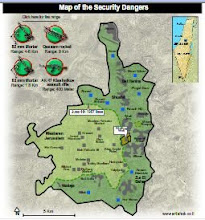
Divided Jerusalem






























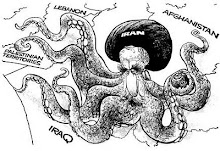
















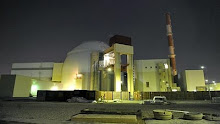



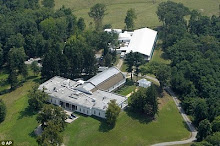




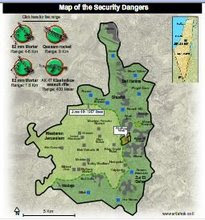






























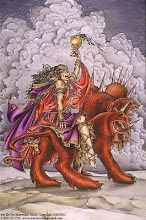







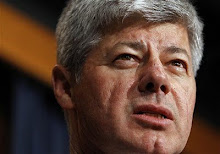










+and+Iran%27s+Ahmadinejad.jpg)









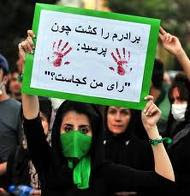














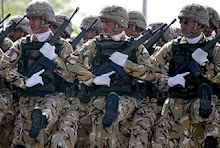















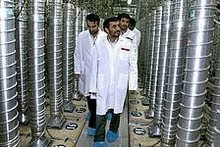





















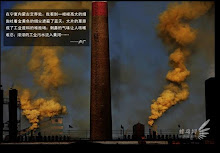











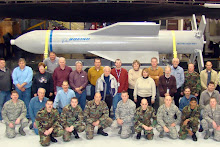.jpg)




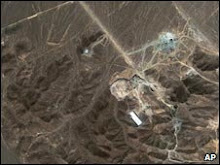


























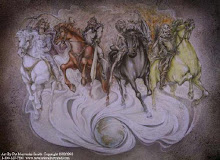



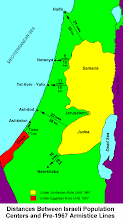

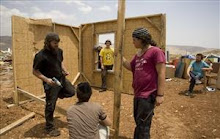
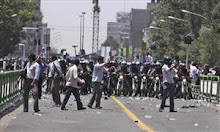.jpg)
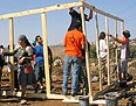




.jpg)












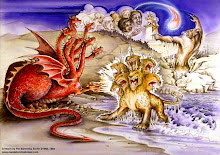




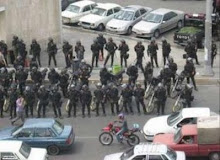



















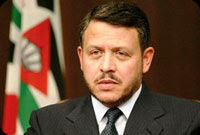


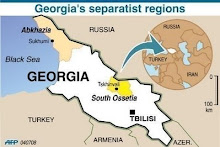


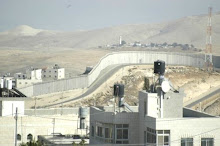

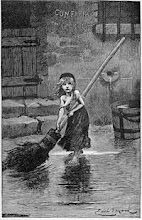




















































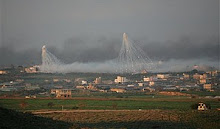









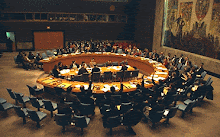





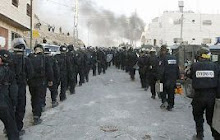

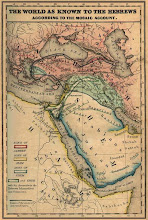













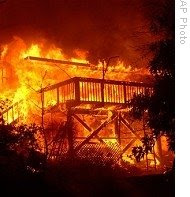











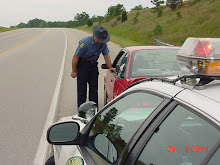
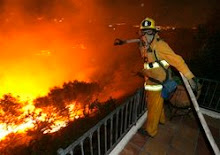











.jpg)












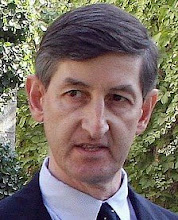


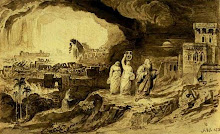


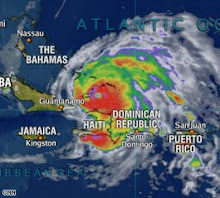



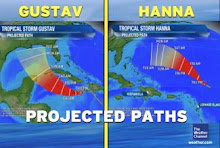

















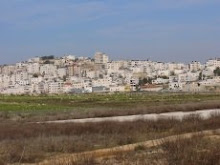









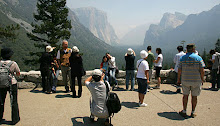
















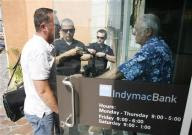







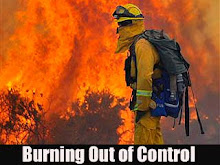




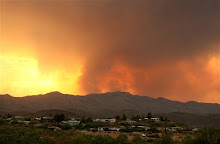




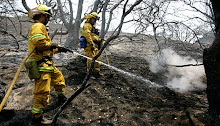

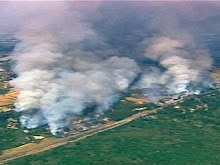

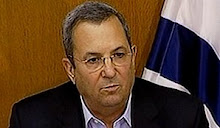
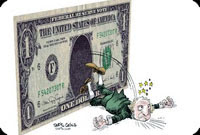

+and+FM+Livni.jpg)







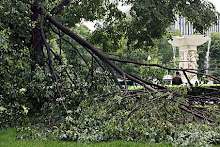
















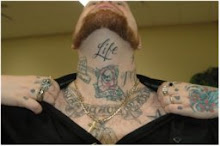

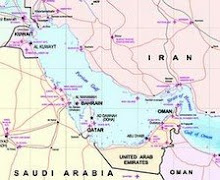








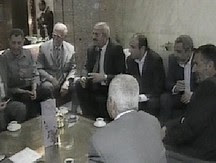
















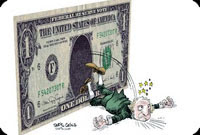
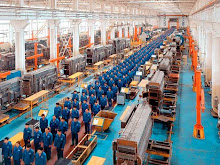



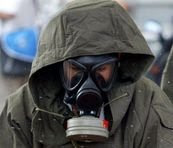


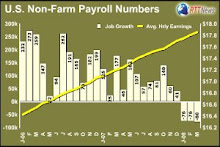



























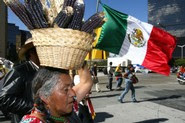



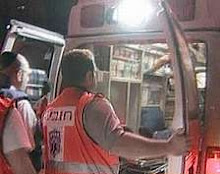


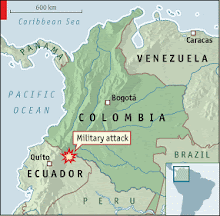

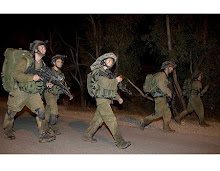











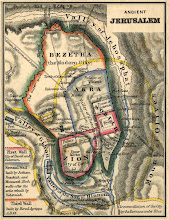






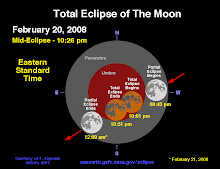







No comments:
Post a Comment